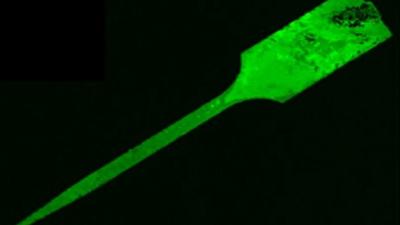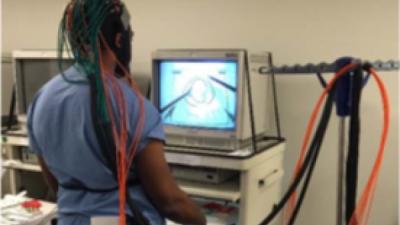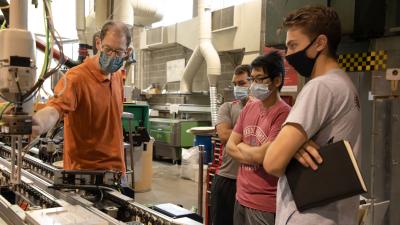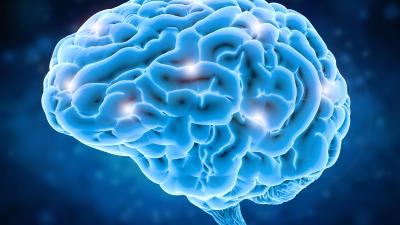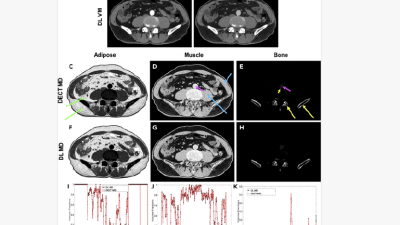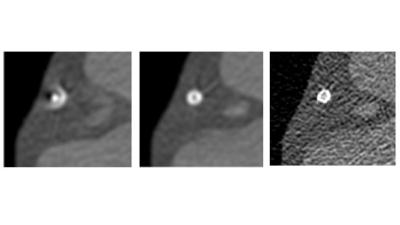To Benefit Paralyzed Veterans, Polymer Coating Aims To Extend Life of Microelectrodes
For individuals with central nervous system paralysis, the effectiveness of neuroprosthetic technology — such as brain-controlled prosthetic limbs or muscle stimulation devices — makes a world of difference. If the process of implanting tiny electrodes in the brain were to be improved, allowing for stronger and longer lasting communication between neurons and external devices, it could significantly enhance quality of life.
